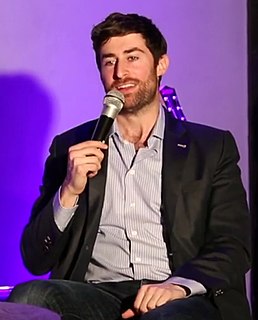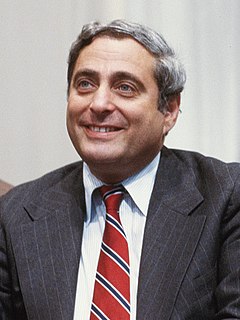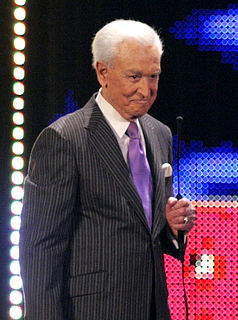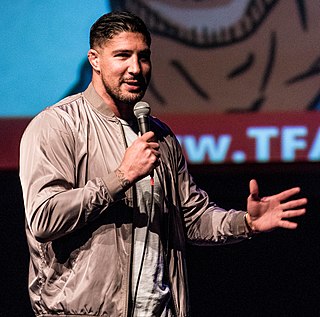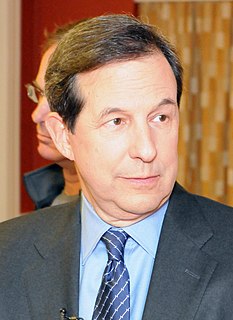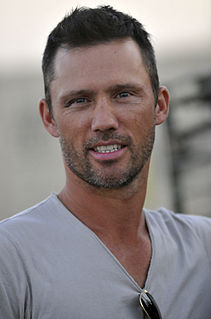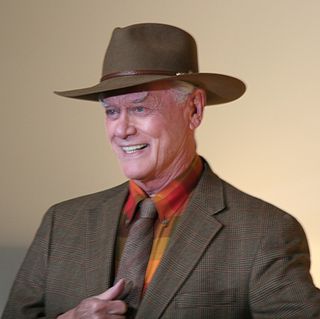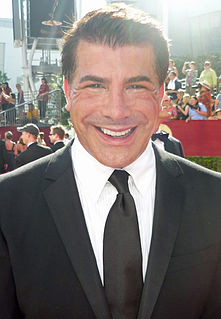A Quote by Rob Thomas
I think its going to be continually tougher on the big networks as more cable channels do really interesting television. The big networks have a choice to make: Do we try to be all things to all people and get the shows that will deliver 20 million viewers a week? Are we the McDonald's of television? Or are we going to try to be more specific?
Related Quotes
There is state-run television in Russia, which is more loyal to the state, as it always is with state television in any country. We have private owned networks; some of them are oppositional. We have thousands of regional networks that, in their regions, are more watched than the so-called federal stations.
Television viewership has been declining for a number of years. The internet has been blamed. Everything has been blamed. Except for what I think the problem is: that the networks own the shows, and they completely think that they make them. They don't any longer let the people who make shows just make them. The networks have notes about everything. They are intimately involved in every aspect of the process. And I think it's hurt the process.
Podcasting - it's a huge, huge thing now. 'The Fighter and the Kid' and the 'Big Brown Breakdown' reaches more people than a lot of shows on networks right now as far as television goes. It's such a loyal fan base, and I know my boxing. I'm really into it. I'm really honored to be a part of something like this. I feel like a glitch in 'The Matrix.'
I think that, especially with cable, it's an avenue to be creative. I think why people are drawn more now to cable shows than ever is that they take more risks, they're creatively pushing the envelope. I think that the networks have to answer to a bigger advertising calling, whereas the smaller cables have lower ceilings that they can bump their heads on.
I was going to say it's pretty bad these days, but I actually think it's pretty much the same as it's always been: There are a few really great shows on, and a bunch of garbage. That's the nature of the beast. It's always going to be that way as long as the networks try to second-guess what the American public will like. I wish that they'd just put on what they think is good rather than what they think people will sit through. I bet they'd have the same success rate, but at least the shows that survived would be better.
There are areas using what's called the "checkerboard strategy." They are different cities where you can move around the "checkerboard," doing things you can't do in every square, that you can do in some of them, building a mosaic of these kinds of practices. There are about 400 cable television networks, for example, that are publicly owned. That's a big fight for big private companies. In some areas, this is a political struggle, in some it's conventional common sense.
There used to be three networks, and now there are 40 million networks. There's a lot more competition out there, too. We would bring in 27 million people. Now, they're lucky if they have 17. I looked at the ratings, for the first time in 25 years, just to see, and there were 130 shows on. There used to be maybe 30.
When I did 'Ugly Betty' it was very similar to working on 'Mad Men' - great group of people in their own little world. But I don't really see a lot of difference. Of course, on the cable shows, you can tackle subjects and be more specific, because networks have to appeal to the masses, but that's constantly changing and evolving.

